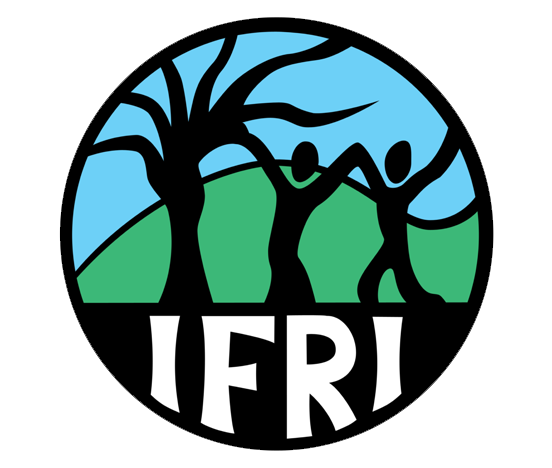All print and online publications that use IFRI data should acknowledge use by citing both the dataset and the codebook as follows:
Dataset:
- Ostrom, E., Duddu, A., Pradhan, P., Andersson, K., Banana, A., Castallenos, E., Chhatre, A., England, J., Ghate, R., Gombya-Ssembajjwe, W., Karna, B., Leon, R., Mereno, L., Newton, P., Persha, L., Tucker, C., Agrawal, A. 2018. IFRI dataset, Online version. 2nd edition.
- Fischer, Harry, Chhatre, Ashwini, Duddu, Apurva, Pradhan, Nabin, Agrawal, Arun. 2023. “Community forest governance and synergies among carbon, biodiversity and livelihoods.” Nature Climate Change. vol. 13: 1340–1347
Codebook:
Duddu, A., Pradhan, N., Chhatre, A., Agrawal, A. 2018. IFRI codebook, Online version. 2nd edition.
The International Forestry Resources and Institutions (IFRI) research program was founded in 1992 by Elinor Ostrom and her colleagues at Indiana University. IFRI focuses on how local groups, communities, and indigenous populations manage and govern their forests and trees. IFRI seeks to provide scholars, policy makers, activists, indigenous groups, and communities with systematic information and research findings about how people interact with forest resources at the community level and with what effect. Since the early 1990’s, IFRI researchers have used a common set of research protocols and questionnaires to collect information about the demographic, socioeconomic, institutional, and other attributes of the relationship between forests, the communities that depend on them, and the institutions used to manage them. These rigorous field measurements and research efforts have created a unique database on forest use, governance, and how variations in human-environment interactions lead to different social and ecological outcomes related to forest systems. The IFRI data is useful for understanding how community efforts to use, manage, and protect forests lead to different livelihood strategies, carbon storage, and biodiversity outcomes in community forests. IFRI researchers, distributed across the human-dominated forested landscapes of East Africa, South and Southeast Asia, and Latin America have used the data collected over nearly 25 years to identify the characteristics of successful forest use. Members of the IFRI network also believe that sharing these data more widely with the community of scholars and practitioners interested in community forestry will support the goal of improving knowledge and decision making for community forest leaders, policy makers, practitioners, and others interested in such forests. This online version of the IFRI database contains a subset of the most important IFRI research variables with broad relevance to those interested in community forests. We invite you to explore and use IFRI data, and to please contact us with questions or comments about the IFRI program or this database.
Here is the link to freely download the dataset and codebook.

